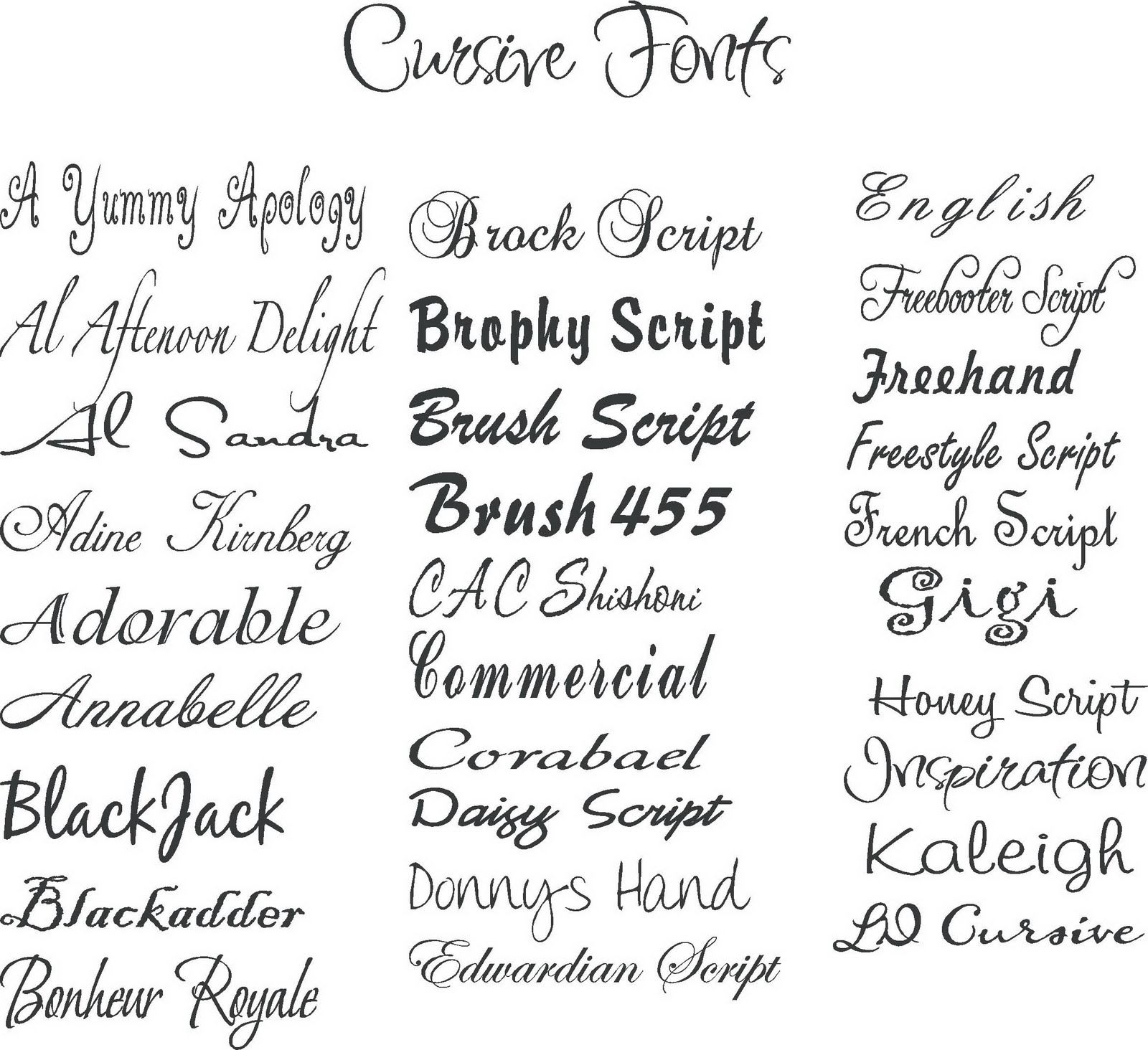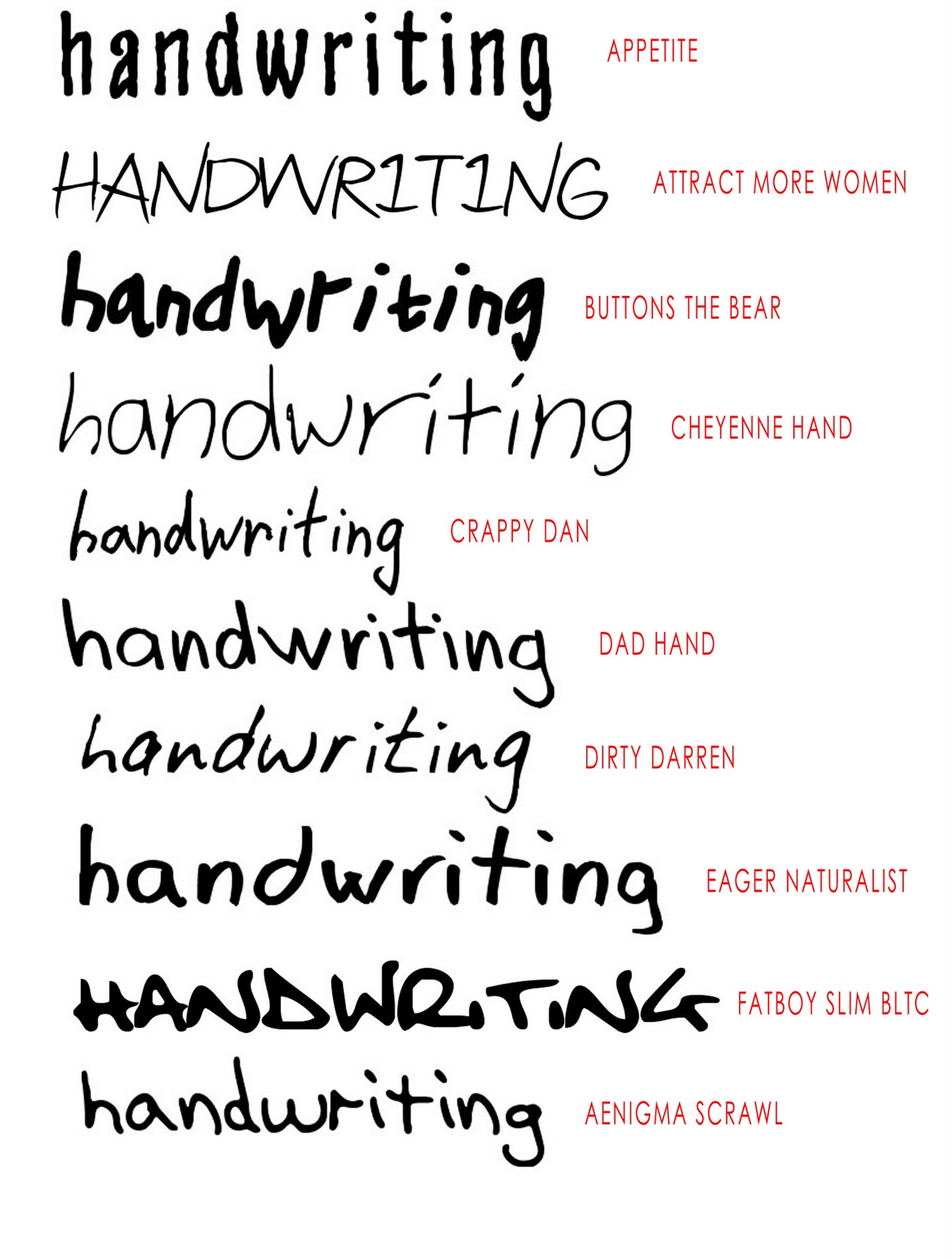Decoding the Matrix: A Deep Dive into Font Names
Ever glance at a webpage and feel inexplicably drawn in, or repelled? The secret sauce isn't always dazzling visuals or killer copy. Often, it's the silent power of typography, the carefully chosen font names that shape our perception. From the elegant curves of Garamond to the clean lines of Helvetica, fonts whisper stories, evoke emotions, and even influence our purchasing decisions. This exploration delves into the matrix of font names, revealing their hidden influence and empowering you to wield their power.
Think of font names as the DNA of design. They dictate the personality of a brand, the tone of a message, and the overall user experience. Choosing between Arial and Times New Roman isn't just an aesthetic choice; it's a strategic decision. Are you aiming for a timeless, classic feel or a modern, minimalist vibe? Your chosen typeface will set the stage.
The history of font names is a fascinating journey through the evolution of communication. From the earliest carved letters to the digital typefaces we use today, each font reflects the technology and cultural influences of its time. The invention of the printing press in the 15th century marked a turning point, leading to the proliferation of new typefaces and the standardization of font design. Understanding this history provides context and appreciation for the rich tapestry of typographic choices available today.
Why should you care about different typography names? Because the right font can make or break your design. It impacts readability, accessibility, and brand recognition. Imagine a luxury brand using Comic Sans – the dissonance would be jarring. Conversely, a children's book set in Times New Roman might feel too formal and uninviting. Matching the font to the message is crucial for effective communication.
Navigating the vast landscape of font families can be overwhelming. Serif fonts, characterized by small decorative strokes at the ends of letters, exude tradition and formality. Sans serif fonts, lacking these embellishments, project a clean, modern aesthetic. Then there are display fonts, designed for headlines and short bursts of text, often with bold and distinctive personalities. Exploring these categories and understanding their nuances is essential for selecting the perfect typeface for any project.
One benefit of understanding font choices is improved readability. Choosing a font that is easy on the eyes, with appropriate spacing and weight, enhances the user experience and ensures your message gets across effectively. For example, using a clear sans-serif font like Open Sans for body text on a website can greatly improve readability.
Another advantage is enhanced brand identity. A carefully chosen font can become synonymous with a brand, reinforcing its message and values. Think of the distinctive script of Coca-Cola or the bold, geometric typeface of NASA. These fonts are instantly recognizable and contribute significantly to brand recognition.
Finally, understanding font names empowers you to make informed design decisions. You can select fonts that complement your visuals, enhance your message, and create a cohesive and impactful design. This mastery of typography elevates your work from amateur to professional.
Advantages and Disadvantages of Different Font Types
| Font Type | Advantages | Disadvantages |
|---|---|---|
| Serif | Readability in long texts, classic and traditional feel | Can feel dated or formal in some contexts |
| Sans Serif | Modern and clean appearance, good for online readability | Can lack personality or feel too generic |
| Display | Eye-catching and distinctive, good for headlines | Often not suitable for body text, can be difficult to read in large quantities |
Best Practices:
1. Prioritize Readability: Always choose fonts that are easy to read, especially for body text.
2. Limit Font Choices: Using too many different fonts can create a cluttered and unprofessional look. Stick to two or three fonts at most.
3. Consider Context: Choose fonts that are appropriate for the medium and target audience.
4. Pair Fonts Carefully: If using multiple fonts, ensure they complement each other and create a harmonious visual balance.
5. Test Your Choices: View your design on different devices and screen sizes to ensure the fonts render correctly and maintain readability.
Examples of Font Names: Helvetica, Arial, Times New Roman, Garamond, Futura, Open Sans, Roboto, Playfair Display, Montserrat, Lato
FAQ:
1. What is a font family? A font family is a group of related fonts that share similar design characteristics.
2. What is a serif? A serif is a small decorative stroke at the end of a letter.
Conclusion:
The world of font names is a vast and fascinating one. From the subtle nuances of serif and sans serif to the bold statements of display fonts, each typeface holds the power to shape our perception and influence our experience. Understanding the history, characteristics, and best practices of typography allows us to harness this power and create designs that are not only visually appealing but also effective in communicating our message. By carefully considering our font choices, we can elevate our designs, enhance brand identity, and create a more engaging and impactful user experience. Start exploring the diverse landscape of font names today and unlock the potential of typography to transform your designs.
Navigating the clayton county magistrate court judges and your case
Level up your insta game post captions for boys that click
Effortless travel exploring flights from mexico city to tampico












